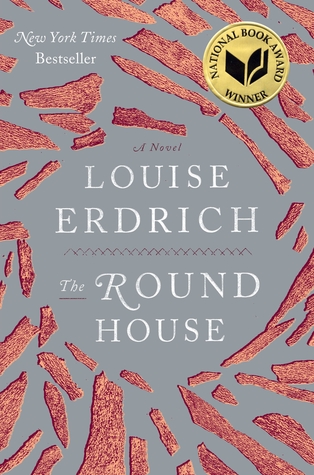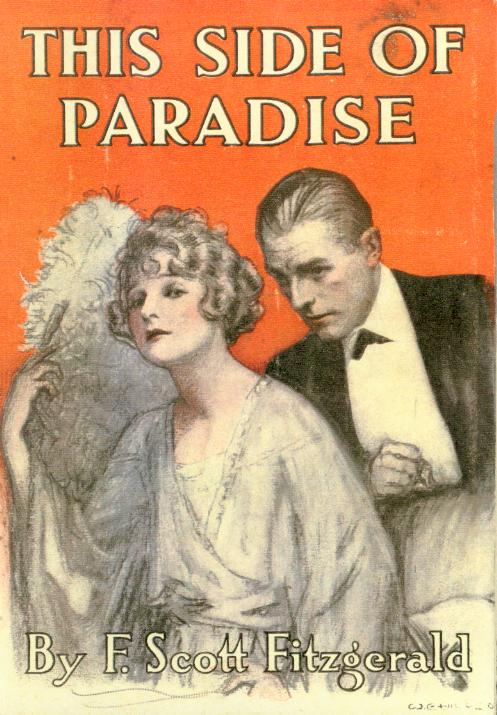I don't normally read non-fiction outside of my comic books.
 |
| This happened. And then they hushed it up! |
But I was in LAX after my sister's wedding, killing time before my LA to New York City flight by browsing the airport bookstore because all bookstores are a siren call to me even if they're showcasing "Girl with the Dragon Tattoo" and "50 Shades of Gray" (Grey? I have too much personal integrity to look it up). Airport bookstores always stock books of the zeitguiest, so I was unexpectedly exposed to a whole new set of reading material I would never seek out for myself. "The Happiness Project," by Gretchen Rubin, was one of those books. Since it was my inspiration for re-starting this blog, it feels fitting to dedicate my re-inaugeral post of Big Island Rachel's Books to a review of "The Happiness Project."

Did I like it? Yes. Am I incorporating some of it's material into my life? Absolutely. But was it perfect? Of course not. I had some major problems with the way the author presented her project, and it will surprise no one that the things I found most problematic were--wait for it--gender roles.
So "The Happiness Project" is one person's attempt to optimize her happiness. I like this sort of thing. It's
lifehacking, shortcuts to making things easy for yourself, and as I said, I found a lot of stuff in the book useful. Rubin did tones of research into what happiness is and what makes people happy from a scientific standpoint. This wasn't a touchy-feely spiritual book (though there was a chapter on spirituality), it was a fact-based attempt to be the happiest person the author could be in the circumstances she was currently in.
Some things I took away: if you ACT happy, you will FEEL happy. No more walking around with slumped shoulders and a sour look on my face, no more "I'm too tired" to smile at my customers. Do things you're passionate about. You get more energy from doing something you love than you do from sitting around doing nothing, even though you think the sitting-around time is what's going to energize you because hey, what's more energizing than resting? On a related note, there's more happiness in "project happiness" than there is in "instant happiness." Hence the increase in my blogging and the decrease in my cartoon watching. I'm going to get more happiness from updating my
regular blog, my books blog, and my
Tumblr--and of course the
radio show--than I am from re-watching "Sherlock" (which I'm actually doing while I type this, because shut up, it's a good show).
So those are the things I liked about the book: practical advice for optimizing your happiness with the life you have right now.
Here's what I didn't like, and like I said, it has to do with gender roles, so I'm about to off on one of my famous feminist rants. You've been warned.
Rubin says at the beginning of her book that fifty percent of a person's happiness is genetic and can't be altered. Twenty to thirty percent of happiness is based on things that can't be altered, like birthplace, age, and gender. Her project was focused on the ten to twenty percent of happiness that a person can directly affect. Which is all well and good, but back up a second--gender? Are there measurable differences in a person's happiness depending on whether they are male or female? To me, that's very interesting, but Rubin never brings it up again, even when she clearly needs to.
At the time she wrote the book, Rubin was a professional writer working from home. She had a seven-year-old and a two-year-old, and was happily married to her husband. There was a whole chapter on how she tried to be happier in her marriage, which in my mind was the perfect time to bring up the issue of happiness varying between genders. She states at the onset that she tends to nag her husband and get resentful of the fact that she does more housework and childcare than he does without getting the praise she wants for it. Her solution was to stop nagging, do what had to be done herself without waiting for her husband to do it, and stop expecting praise.
Excuse me while I bang my forehead against the keyboard. \g9i u09349qutqn 39804uoeiuar9082%. There, I'm done. I'll give Rubin credit for saying in her wrap-up chapter that she was afraid this approach would lead to her husband doing even less household word, and I'll give her husband credit for actually doing the opposite and stepping up his game when Rubin changed her approach. But there is something HUGELY problematic about a woman asking herself how she can be happier and determining that more housework and less recognition for it are the answers.
Happiness is a complicated issue for women. We don't have the same cultural space that men do to be unhappy and angry. Women are trained to please and we're expected to be happy all the time, whereas men are allowed to have their teenage angst and their quarter- and mid-life crises. If Rubin found happiness in re-establishing traditional gender roles in her marriage by just shutting up and doing more housework, more power to her, especially if she got the end result she wanted, which was for her husband to pitch in without her nagging him. But there wasn't a single sentence in this book devoted to exploring the complex relationship between gender and happiness, and considering that one of her chapters is about marriage and another is about her children, it should have come up.
The lack of discussion around the issue made me furious a couple of times. Rubin relates a difficult Saturday when her kids aren't getting along, and she snaps at her husband because he spent time at the gym and then took a nap, leaving her to deal with the fighting, crying kids all day while he had leisure time alone. After she snaps at him, she feels bad because one of her happiness resolutions was to stop saying mean things to her husband. And damned if I didn't want to throw the book across the room, not because I disagreed with her handling of the situation--it was her happiness project, not mine, and I'm neither married nor a mother, so what do I know?--but because she didn't take the opportunity presented by that story to bring up any number of studies done on how many more hours a week women spend than men on housework and child-rearing, and how that affects the happiness of women and the stability of marriages. In a word: problematic.
Sometimes I wonder if people get tired of me pointing out sexist shit. And then I wonder why people don't get tired of all that sexist shit instead. Because I sure do. I'd love to wake up tomorrow to a world where I don't have to point out that it's problematic to write a book on happiness and not explore gender roles. Until that happens, I guess I'll just have to keep pointing it out.
Final grade: solid B. Good writing, well researched, but not feminist enough for me.
 Ian McEwan's "Sweet Tooth" is about spies. Specifically Serene Frome (rhymes with "plum"), a young up-and-coming agent in Britain's MI5 of James Bond fame. Serena rescued from her dull routine of paper-pushing and endless filing when an old crush within the agency approaches with project Sweet Tooth, which seeks to secretly fund writers with a distinctly pro-capitalist and pro-Britain sensibility. The hope is that these writers will produce popular and well-regarded works that will sway public opinion away from communism and toward the status quo. Basically, Serena's superiors hope that her target will be the new George Orwell and write another "1984."
Ian McEwan's "Sweet Tooth" is about spies. Specifically Serene Frome (rhymes with "plum"), a young up-and-coming agent in Britain's MI5 of James Bond fame. Serena rescued from her dull routine of paper-pushing and endless filing when an old crush within the agency approaches with project Sweet Tooth, which seeks to secretly fund writers with a distinctly pro-capitalist and pro-Britain sensibility. The hope is that these writers will produce popular and well-regarded works that will sway public opinion away from communism and toward the status quo. Basically, Serena's superiors hope that her target will be the new George Orwell and write another "1984."






